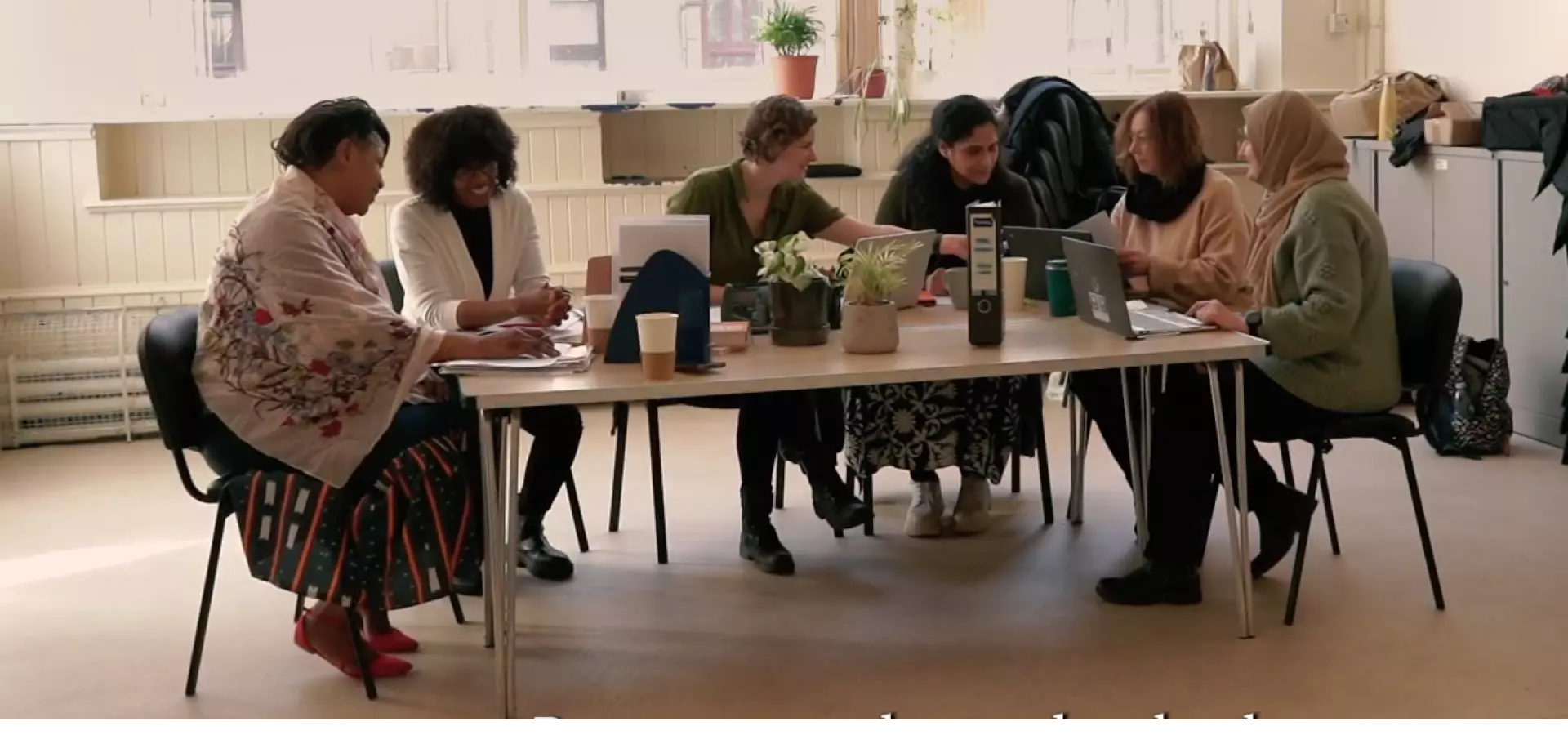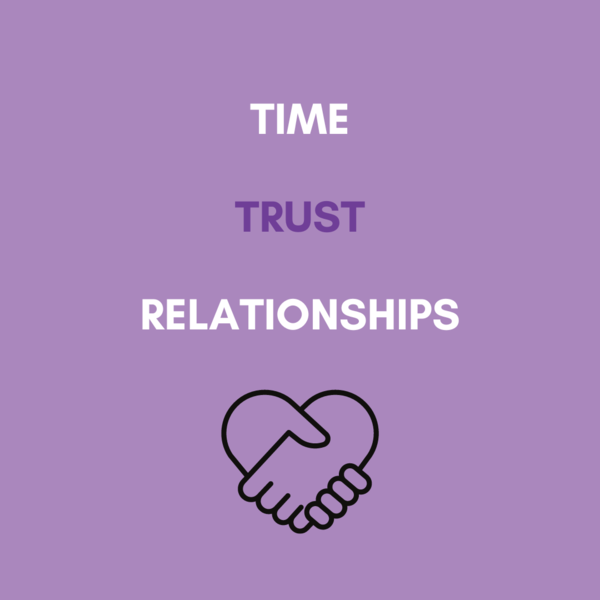
Our Rights, Our Communities: Co-production in practice
For the past year, I have been working with a group of six peer researchers in Glasgow. We’ve been monitoring and evaluating the ‘Our Rights, Our Communities’ project, which set out to deliver a New Scots women-led advocacy and peer support network.
Although I’ve been involved in community-based and peer-led research projects before, this is the first project where I’ve been able to hand over all control and direction to peer researchers – and it’s been brilliant!
What role have I played?
I’ve provided the group with advice and guidance on what data collection methods they might use, tools and tips for how they could analyse their data, and how to get that analysis from note form to a fully written report. They have done everything else.
They decided on the questions they wanted to answer with their work, on the methods they wanted to use to collect their data and who they wanted to interview, what to ask and when. They analysed their interview transcripts and, as a group, have written their final evaluation report. They have also produced a range of other outputs, including a poster and an animation, with support from our Communications team.
What has this co-production journey looked like in practice?
We’ve been meeting in their community in person for three hours a week during school term-time. We have a goal or task for each weekly meeting, which is driven by what needs to happen to move the research project to the next stage. But what we talk about, work on and achieve is very much led by the questions the group have about what we are doing, how long it takes us to agree the specific plan of – and how much energy we have on that morning!
Most of the work we do together happens within these sessions – planning, analysing, writing and so on. But we do occasionally have tasks that happen between sessions, for example when the peer researchers carried out their interviews. We’ve also been very fortunate to have an intern working with us, who has taken on some of the inevitable research admin between sessions, for example transcribing the interview audio files.
All the documents, plans and files for the project are stored and kept secure in a password protected folder in the cloud, so that everyone can access and edit them. Most of the peer researcher team have smart phones or laptops that they use to access these documents during and between sessions, but I also print the most relevant ones each week, so that we can discuss and make notes together.
What have I learned?
We’ve been working together since the very start of the ‘Our Rights, Our Communities project’, so we’ve had plenty of time to plan, discuss and review our approach. Having all this time together has allowed us to be flexible and take a reasonably relaxed pace, giving us time to reflect and develop our understanding of what’s happening as we go along. This has been especially important because English is a second, third, or even fourth language for all the peer researchers.
If I’ve learned one thing from this project, it’s that having small blocks of time together, over a long period, has been key to building our relationship together as a group. This has helped us to trust each other and given us the time and space to explore all the options, without being under pressure to ‘get the job done’.
From previous experience, both in peer research and other projects, I know that it’s this kind of pressure that often forces one person − usually the ‘expert’ − to take control and push decisions through without full discussion. I’m glad we’ve had the luxury of time to take a fully co-productive approach here, and I hope it’s been as liberating for the peer researchers as it has been for me!
This blog is part of a series produced for Co-Pro Week 2022. The other blogs in the series can be accessed here:
Blog 1, Lydia – ‘Our Rights, Our Communities: Knowledge is power’
Blog 3, Lily – ‘Our Rights, Our Communities: the benefits of community-based research’
Blog 4, Group – ‘Our Rights, Our Communities: the empowerment of being a peer-researcher’
